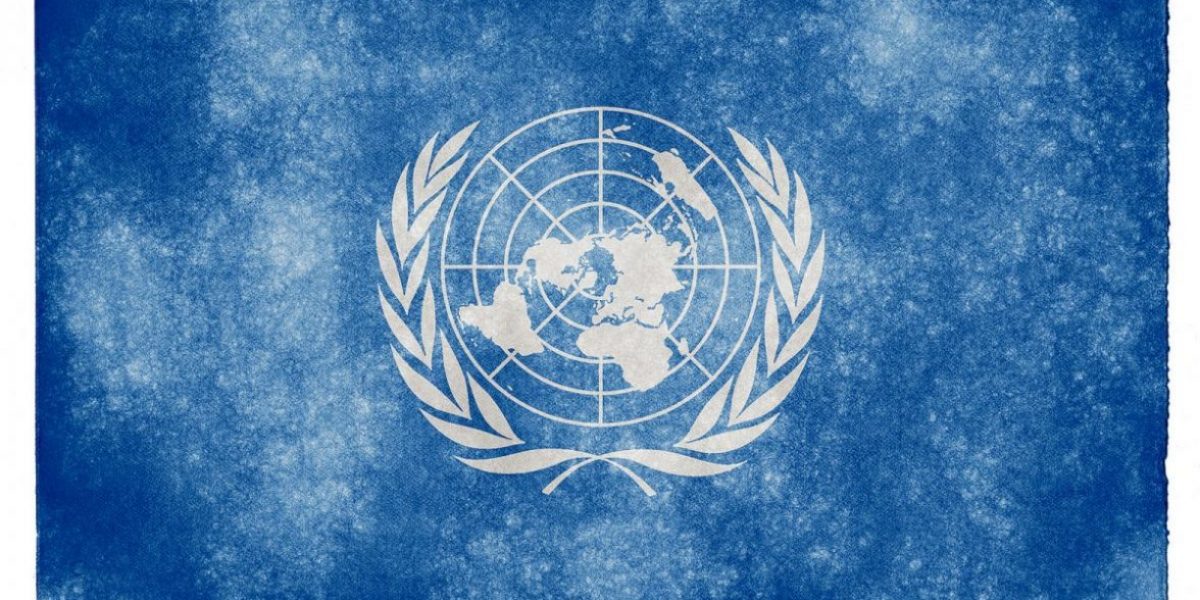The vote is over. SA received 186 out of the 192 possible votes in the United Nations (UN) General Assembly supporting its candidacy for a two-year, nonpermanent seat on the UN Security Council.
As the excitement and the congratulations fade, radio talk-show hosts have been questioning the value of what SA has achieved. Not all world leaders view anything less than a permanent seat in the council worthwhile.
Hugo Chavez, the maverick, left-leaning president of Venezuela, is putting up a spirited battle to get the equivalent seat, representing Latin America, for his country, although Guatemala remains the clear frontrunner.
More important, though — now that SA has a security council seat representing Africa — is what our representatives will seek to achieve and whether they will have the capacity to do so.
There is no shortage of issues for the South African delegation to raise in the council’s private consultations and the public debates. The obvious one that springs to mind is the reform of the council itself: should Africa, with Asia, Latin America and the economic giants of the post-Second World War world, Germany and Japan, not be more appropriately represented? How can an agreement on such changes be achieved? The solution lies within the UN Security Council itself.
The intractable conflict issues remain: peacekeeping in Darfur, the Democratic Republic of Congo and the Great Lakes region; and beyond Africa, the Middle East crisis, Iran’s nuclear programme and the consequences of North Korea’s nuclear test.
But there are many more and during the next two years others, currently unimagined, could intrude on the attention of the world and demand the council’s action.
Progress on all these issues may appear miniscule to the casual observer. But the time and effort that those national representatives directly spent in New York, can probably only be appreciated in retrospect. Theirs is the laborious task of negotiating and seeking to influence their colleagues and adversaries to find common ground and move towards solutions.
Instant gratification in the form of the dramatic breakthroughs that journalists like are seldom from the security council.
Perhaps, however, the more important question now is whether SA will be able to play the role that Africa and the world is expecting of it. The scenes of jubilation when the outcome of the vote was announced this week showed we start our term with widespread goodwill and the wish that we should play a full and successful role in promoting Africa’s agenda and contributing to the securing of peace in at least some of the trouble spots of the world.
Yet that goodwill is not unconstrained. This is demonstrated by President Thabo Mbeki’s decision to withdraw from his efforts to bring about a peaceful solution to the problems of Cote d’Ivoire. In the face of hostility and doubt, there was little point in persisting.
Sceptics also point out that SA is just over a decade into a profound transformation. Not only does it have limited experience and institutional memory for dealing with issues that have perplexed the world since the UN was created; but in seeking to promote and implement its idealistic policies, favouring a “rules-based international system”, its skills and resources are likely to be strained beyond endurance.
SA’s officialdom charged with providing backup to the leadership — be it at foreign affairs, the Presidency, the trade and industry department, or other departments — is often severely stretched. Experience remains to be developed and constant job-hopping to achieve ever greater financial rewards prevents the achievement of that depth of knowledge and experience essential for playing this new and elevated role in the world.
The result is that departments, and in particular foreign affairs, have areas of excellence alongside incompetence.
Observers in SA and abroad wish us to succeed, but wait with no little anxiety to see whether our representatives can pull it off to the credit of us all.
We wish them well.








